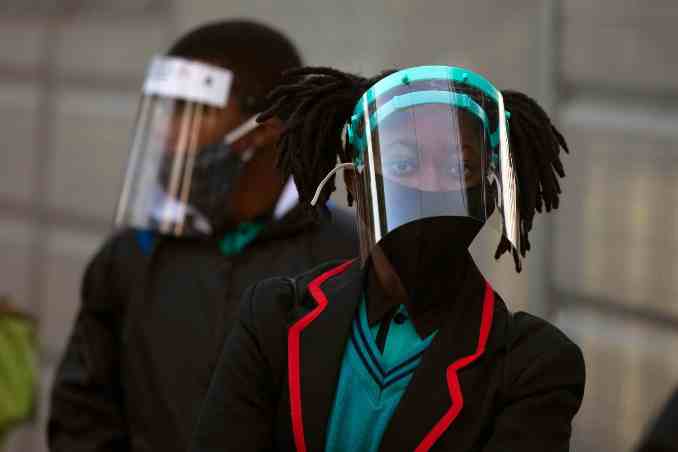Last updated on September 11th, 2021 at 07:58 am
The South African government has announced tough steps to combat the coronavirus’s third wave. President Cyril Ramaphosa announced on Tuesday that the curfew hours would be extended and that the sale of alcohol would be prohibited, among other steps, to combat the virus’s spread.
In a nationally televised address, Ramaphosa stated that the recent spike in infections poses a threat to the country’s health services in various areas. “Over the last seven days, we’ve seen an average of 7,500 daily infections and hospital admissions related to COVID-19, which is up 59 percent from the previous 14 days. The number of persons dying from COVID-19 each day has surged by 48 percent in the last two weeks, from 535 to 791 in a matter of days,” Ramaphosa remarked. According to Ramaphosa, hospital admissions due to COVID-19 have climbed by 59 percent in the last two weeks.
READMORE: Thousands rush for “diamonds” in Kwazulu-Natal province
According to Johns Hopkins University, South Africa’s 7-day rolling average of daily new cases has nearly doubled in the last two weeks, rising from 6.69 new cases per 100,000 people on May 31 to 12.71 new cases per 100,000 people on June 14. “Ramaphosa’s goal today is to ensure that there are enough hospital beds, health personnel, ventilators, and oxygen to provide the best possible care to everyone who needs it,” he said.
The nighttime curfew has been increased from 10 p.m. to 4 a.m., and religious gatherings are now limited to 50 people. The maximum number of individuals who can attend social events has been set at 50 for indoor events and 100 for outdoor ones. From Monday to Thursday, the retail sale of alcohol will be allowed only between 10 a.m. and 6 p.m. South Africa has been the most struck by the epidemic on the continent, with over 1.7 million infections and 57,000 deaths, accounting for approximately 40% of all known cases.
The new limits come as South Africa struggles to maintain a vaccination program that has been hampered by global vaccine shortages and the announcement this week that 2 million doses of the Johnson & Johnson vaccine must be discarded owing to factory contamination in the United States.

